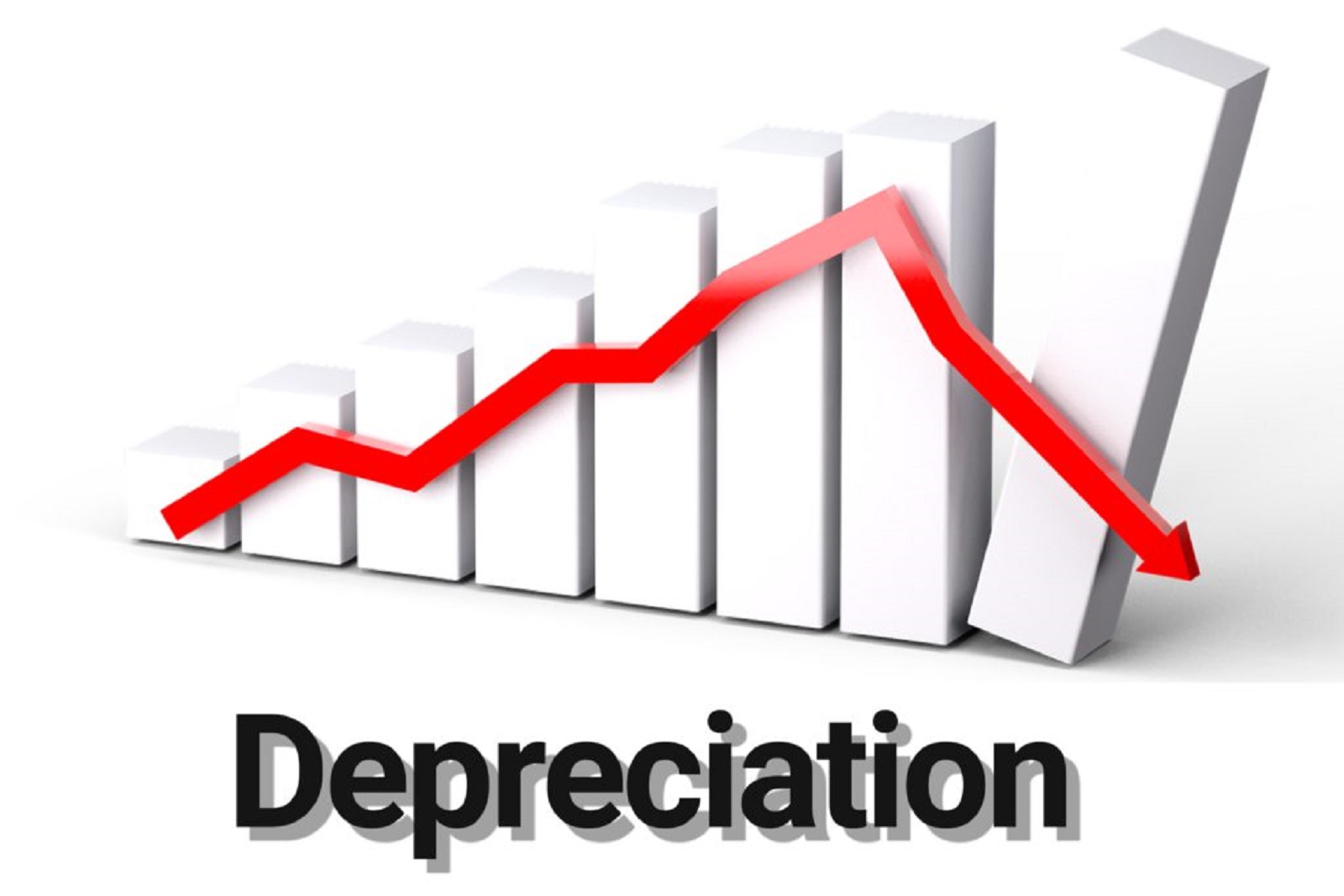The Dynamics of Depreciation in Kenyan Real Estate Market

In the realm of real estate, understanding the concept of depreciation is crucial for property owners, investors, and industry professionals alike. Depreciation, though a common term, holds distinct implications within the Kenyan real estate landscape. In this blog post, we will unravel the intricacies of depreciation, its significance in the Kenyan real estate market, and how it impacts property values.
Defining Depreciation in Real Estate:
Depreciation, in the context of real estate, refers to the gradual decrease in the value of a property over time due to wear and tear, obsolescence, or other factors that affect its utility. While land is considered to have an indefinite life and is not subject to depreciation, the physical structures on the land—such as buildings and improvements—are susceptible to depreciation.
Types of Depreciation:
Physical Depreciation:
Physical depreciation results from the wear and tear that a property undergoes over time. Factors such as weather conditions, age, and inadequate maintenance contribute to physical depreciation.
Functional Obsolescence:
Functional obsolescence occurs when a property becomes less desirable due to outdated features, design flaws, or changes in market preferences. It can affect the property's utility and, consequently, its value.
External Obsolescence:
External obsolescence stems from factors external to the property itself, such as changes in the neighborhood or broader economic conditions. Issues like increased crime rates or shifts in economic activity can impact a property's value.
Significance of Depreciation in Kenyan Real Estate Market
Tax Implications:
Depreciation plays a crucial role in determining taxable income for property owners in Kenya. Property owners can claim depreciation as an expense against rental income, thereby reducing their taxable income and potentially lowering tax liabilities.
Asset Valuation:
Understanding depreciation is essential for accurately valuing real estate assets. Appraisers and property assessors take into account depreciation when determining the fair market value of a property, influencing both sales and rental transactions.
Investment Analysis:
For real estate investors in Kenya, factoring in depreciation is integral to assessing the long-term viability of an investment. Analyzing the depreciation schedule allows investors to make informed decisions about property improvements, renovations, and potential future returns.
Calculating Depreciation in Kenya:
In Kenya, depreciation is often calculated using the straight-line method. The formula involves dividing the cost of the building or improvement by its estimated useful life. The resulting annual depreciation expense is then deducted from the property's value over time.
Conclusion:
Depreciation is a nuanced aspect of Kenyan real estate that holds significant implications for property owners, investors, and industry professionals. As a dynamic market influenced by factors ranging from physical wear to changing economic conditions, understanding depreciation is vital for making informed decisions that impact property values, tax liabilities, and overall investment strategies.
